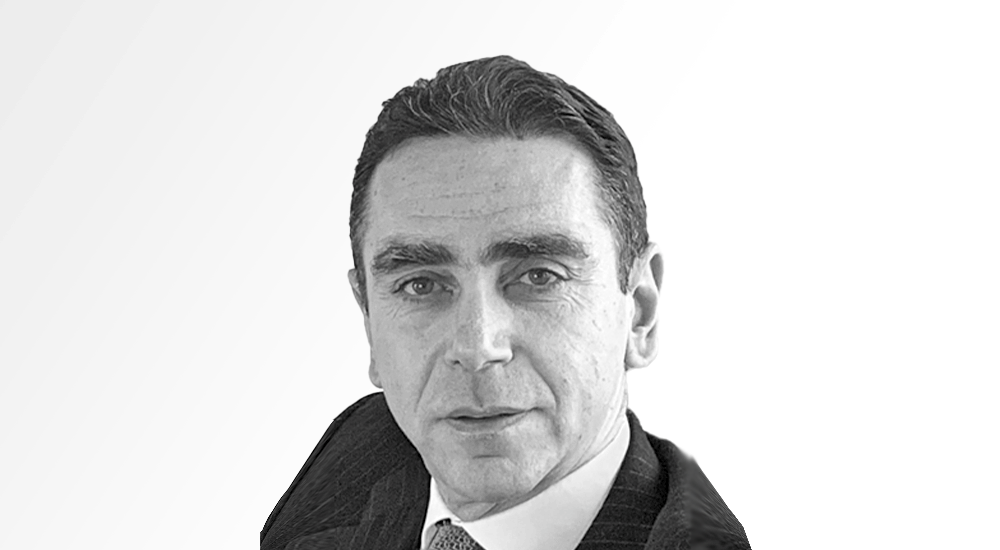Investlinx founder Mario Bonaccorso is hoping the firm’s recently launched suite of active ETFs will carve through the “highly inefficient” European investment landscape with a combination of low fees, easy-to-understand products and outperformance of lagging mutual funds.
Bonaccorso (pictured), who made a move into ETFs having worked in private equity for over 15 years, told ETF Stream there is a gap in the European market which he views as too complex, too costly and too reliant on underperforming active funds.
In a bid to rectify this, the Dublin-based firm came to market with two active ETFs last month, the Investlinx Capital Appreciation UCITS ETF (LINXC) and the Investlinx Balanced Income UCITS ETF (LINXB), both listed on the Borsa Italiana with total expense ratios (TERs) of 0.85%.
“My experience has led me to the conclusion that the traditional investment management industry is highly inefficient,” Bonaccorso said. “There is an opportunity to bring a new value proposition into Europe and three areas I see that need improving.
“The first is performance, the second is cost and the third is complexity.
“There is an opportunity to provide a product at a lower cost and ETFs are an ideal vehicle to do that. We are looking to compete with the 90% of assets under management (AUM) that are invested in active funds in Europe.”
Bonaccorso said the firm will primarily target institutional and retail investors in Italy which is home to the “most expensive active funds in the world”.
In the medium term, however, Investlinx will look to expand the offering across Europe and expects to build a range of 5-10 ETFs designed to meet a diverse set of return objectives and risk appetite, all with a TER of 0.85%.
Investlinx has launched on the more defensive end of the risk spectrum, with LINXB splitting its portfolio allocation roughly in half between equities and fixed income while LINXC invests 80% in global equities and 20% either across cash or bonds.
“We are targeting both institutional and retail investors but you will not hear us adding 100 products,” he continued. “Maybe between five and 10 over the long term.”
Beyond Italy, the firm will look to markets such as Germany and France due to their “vertically integrated” market structure and higher fees making them more “competitive and compelling” than the UK.
“When the team delivers outstanding performance, we will go to UK because you need a good track record,” he added.
On the issue of complexity, the firm will keep the structure of the products “very simple” by not using any derivatives, securities lending or leverage.
“When trying to do due diligence on ETFs some of them are very complex. You need to understand your counterparty risk and some of them have derivatives or security lending,” he said. “We decided to be very simple.”
Investlinx will also run a discretionary portfolio management service that will customise the ETF strategies to institutional investor needs.
“For example, if an investor wants to increase the duration of the fixed income portfolio to four years, and it is currently 1.6 years, we are able to provide that through segregated portfolio management,” Bonaccorso said.
The ETFs have inherited an impressive AUM since launch, with LINXC housing €120m while LINXB has €30.4m in assets, helped by the firm’s private equity backers Exor.
Time will tell if Investlinx will be able to match its seed AUM with organic inflows, with Bonaccorso taking inspiration from his private equity background to manage the firm going forward.
“Within the private equity industry, a manager co-invests alongside their investors, creating a better alignment of interests,” he said. “This is what we have done with our minority shareholder which has invested in our ETF.
"Ultimately, you cannot afford to make superficial decisions in private equity, you focus on how the company will be valued over the next four or five years, so have adopted a similar approach with our ETFs."


